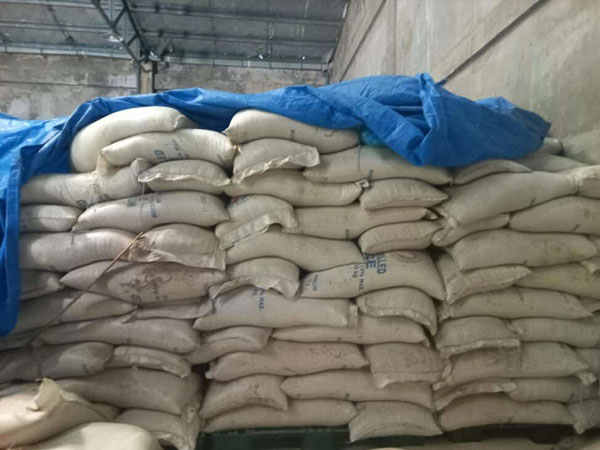 MANDAUE CITY, Cebu — Mandaue City is planning to return 397 unsold sacks of NFA rice to the Cebu Provincial government after efforts to sell them under the Sugbo Merkado Barato (SMB) program failed due to various reasons.
MANDAUE CITY, Cebu — Mandaue City is planning to return 397 unsold sacks of NFA rice to the Cebu Provincial government after efforts to sell them under the Sugbo Merkado Barato (SMB) program failed due to various reasons.
The 397 sacks are part of the 1,099 allocated by the province to Mandaue in November 2023, intended to be sold to indigent residents at P20 per kilo.
P1 million in sales not remitted
Earlier, the provincial government said the city had not remitted around P1 million in sales from the SMB program.
This claim prompted Mayor Jonkie Ouano to seek clarification from the City Social Welfare and Services Office (CSWS), and to reiterate that there was no formal agreement requiring the city to pay for or return revenue from unsold rice.
Ouano confirmed the city’s intention to return the remaining sacks of rice, currently stored at a warehouse in Barangay Tawason.
No contract for that
“Ako lang i-reiterate nga wala gyud kontrata ana between the city and the province. Kung mahimo, amoa nang ibalik ang nahabilin — 397 sacks naa sa Tawason — iuli sa province,” he said.
(I would like to reiterate that there is no contract for that between the city and the province. If it can be permitted, we will return what are left — 397 sacks of rice, they are in Tawason — we will return that to the province.)
In response to the mayor’s directive, the CSWS submitted a formal letter dated August 7, 2025, explaining that the city was never informed—either verbally or in writing—that it would be financially liable for any rice that remained unsold.
Two options
The CSWS said that in January 2025, the city received a text message from the province stating that it would need to pay for the remaining stocks.
The city responded by proposing two options: to return the rice or to allow beneficiaries to buy more than two kilos at a time in order to increase sales. Both proposals were rejected.
CSWS also pointed to problems with implementation and product quality. Staff reported the presence of worms. They also noted that the two-kilo purchase limit, the requirement for QR-coded IDs, and the outdated beneficiary list based on the 2019 Listahanan 3 all discouraged participation.
Mobile selling
Mobile selling was later introduced to bring the rice closer to barangays, but turnout remained low. Residents from far-flung areas found it impractical to travel for such small quantities, the CSWS report said.
The agency stressed that the rice was not distributed for free, and the city could not force beneficiaries to make purchases under the program’s rigid conditions.
In April 2025, the province prepared for a new round of SMB distribution. The city asked to continue selling its remaining stocks before pulling out new ones, but the request was denied. Shortly after, sales were suspended due to the election ban, leaving the remaining sacks idle in storage.
Rice’s condition
Mayor Ouano expressed concern over the rice’s condition, saying prolonged storage in a non-air-tight warehouse likely led to spoilage, including the development of molds.
He said he could not risk residents getting sick from consuming the remaining rice.
“Dili baya to air-tight ang atoang warehouse. Maka-affect gyud ang temperature. Sa investigation naa nay molds. Mao nang dili sad ko ka-risgo nga naay masakit. Kita pa’y mapasanginlan sa siyudad. Might as well return it na lang to the Capitol,” Ouano said.
(Our warehouse is really not airtight. That can really affect the temperature. In the investigation, there are molds. That is why I will not risk (selling it) because the city might be the ones accused of it. We might as well just return it to the Capitol.)
Donating the rice rejected
He also rejected suggestions to donate the rice to jails or other institutions, citing safety concerns.
CSWS Head Michael Pielago said the province had originally planned another batch of nationwide subsidized rice sales before the elections, but the rollout did not proceed.
He also said the city had asked permission to raise the per-beneficiary purchase limit to improve sales, but this was not granted.
Mayor Ouano said the city was coordinating with the provincial government for the return of the rice.
A full inventory of stocks is also being conducted. While Mandaue received the largest allocation under the SMB program, he said the city must ensure fairness and accountability in the absence of any binding agreement.
“Balansehon gyud nato, makig-coordinate ta sa province,” the mayor said.


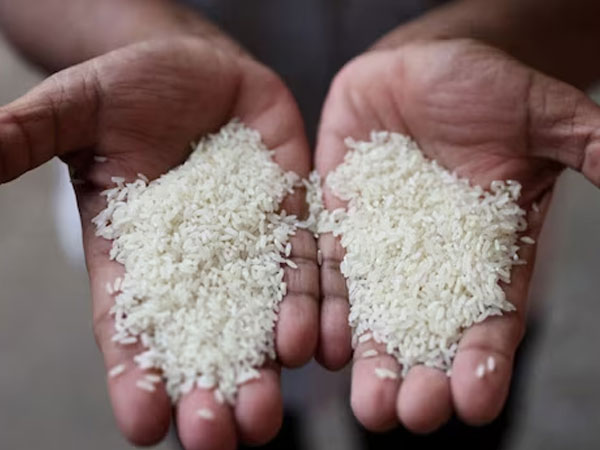

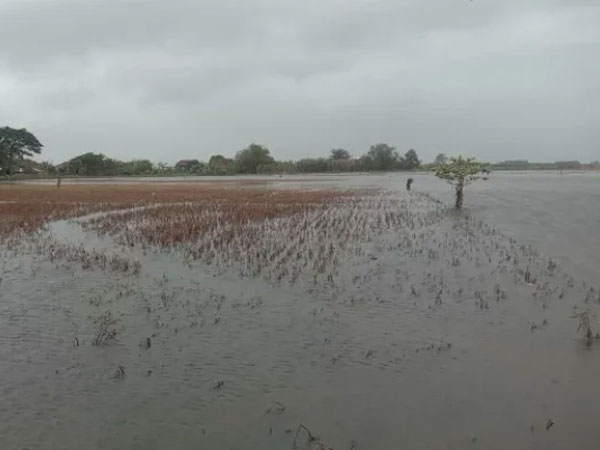
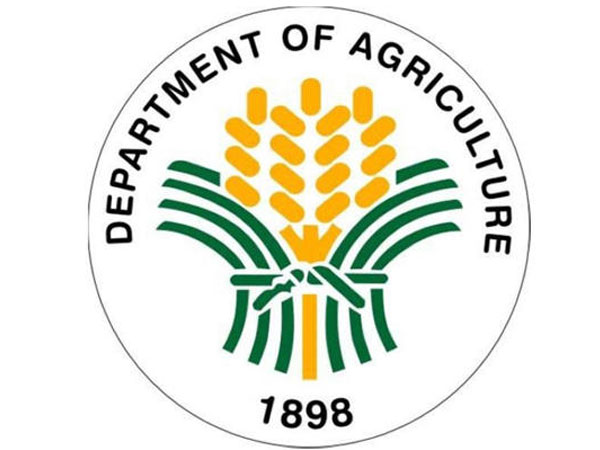
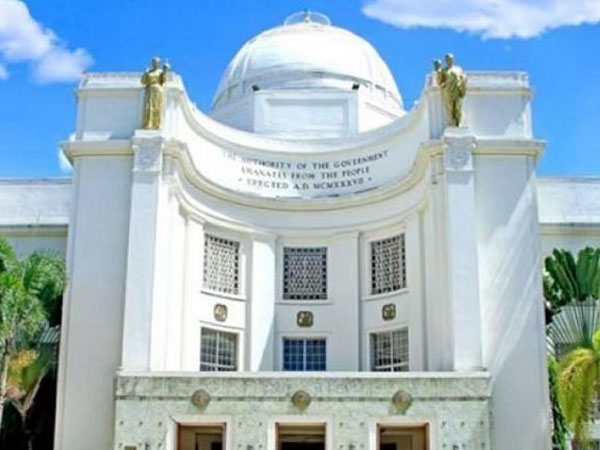
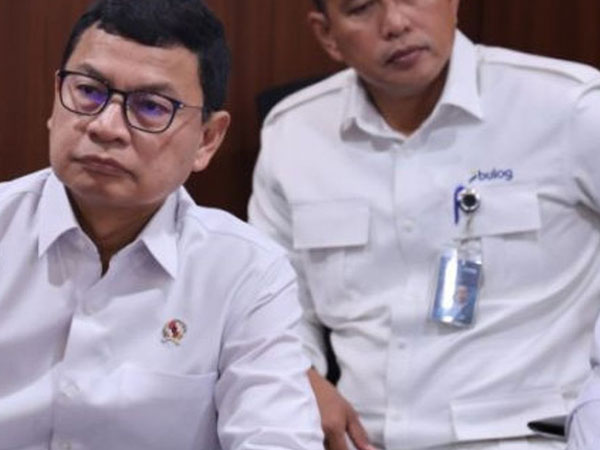
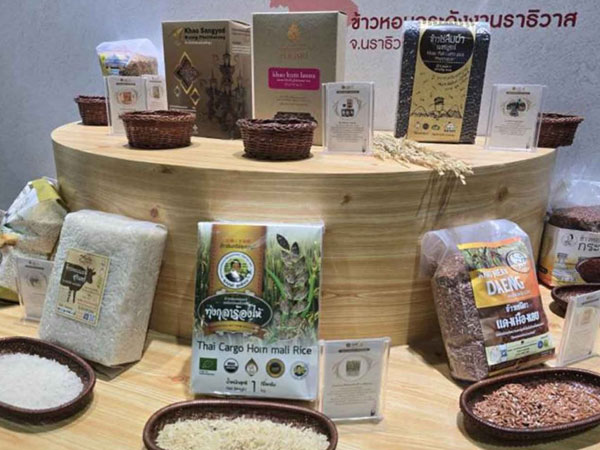
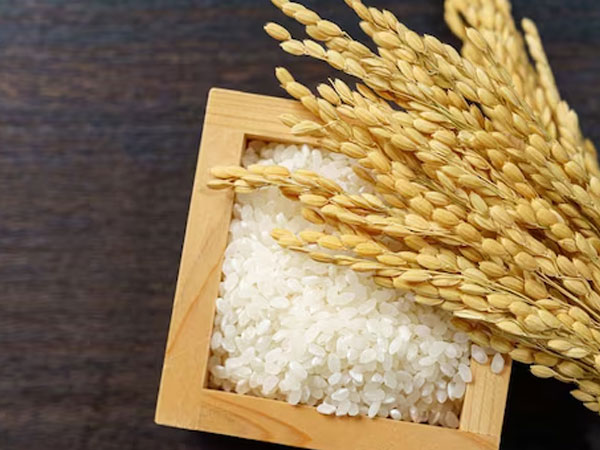
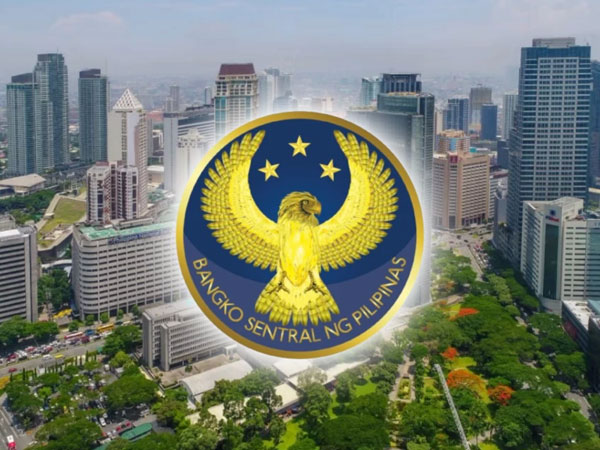
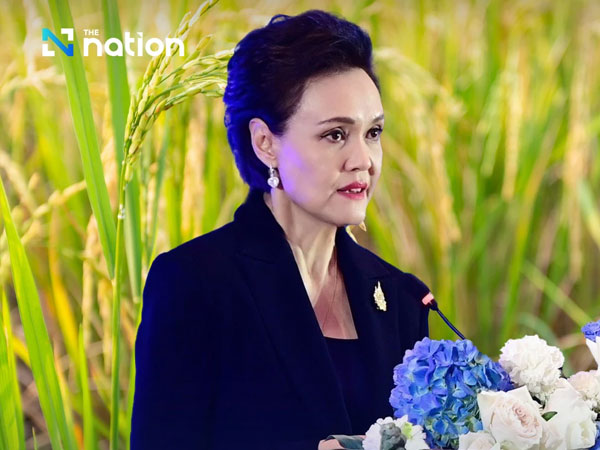
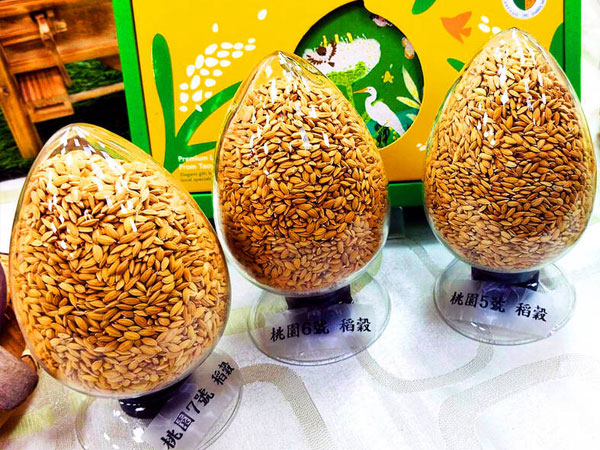
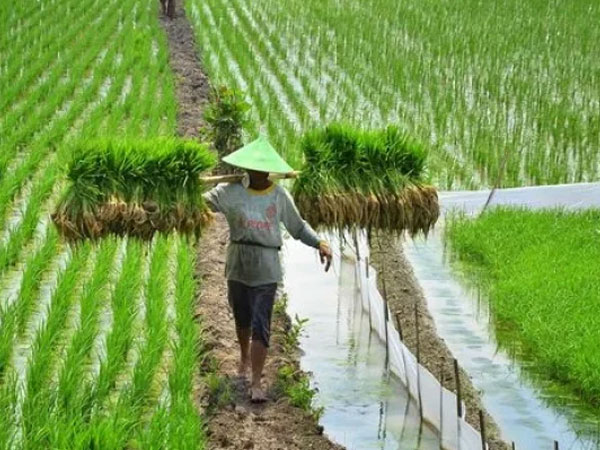
© Copyright 2025 The SSResource Media.
All rights reserved.